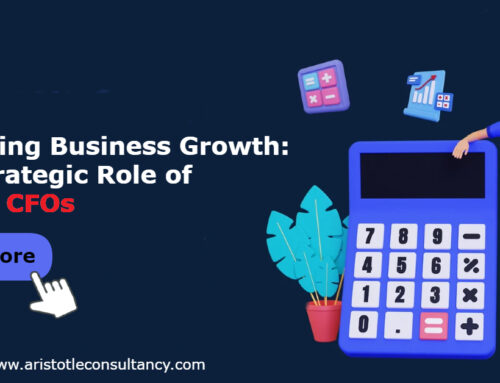
One Person Company- New Age Business
One Person Company was introduced in India through Companies Act 2013, a new concept which brought a great relief for many Entrepreneurs.
Section 2(62) defines OPC as a Company which has only one person as a member. He is the shareholder and the Director at the same time.
The process of incorporating OPC is as follows:
- Minimum paid up capital shall be Rs. 1,00,000.
- It will have only one person as member.
- Memorandum of Association of such a company will compulsorily prescribe the name of the person, who in the event of death or disability of the subscriber shall assume his position.
- The member of the OPC will have the right to change the nominee at any time with due intimation to the Registrar.
- OPC can be formed as company limited by share capital or limited by guarantee or unlimited company.
- The words ‘One Person Company’ will have to be mentioned in brackets below the name of such company, wherever its name is printed.
- One person can form only up to one (1) OPC.
- An OPC can be formed only by an Indian Resident and citizen.
- DIN (Director Identification Number) for all the Directors are required.
- DSC (Digital Signature Certificate) for all the Directors is required.
Benefits of One Person Company: –
Independent Existence:
The One Person Company is considered as a separate legal entity. In the eyes of the law, a company is a person, having a common seal, and perpetual succession. It gets the authority to exercise all the functions of an incorporated person.
Limited Liability:
Unlike public limited company & private limited company , the concept of limited liability of One Person Company in India implies that the liability of the member is will be up to the extent of his share in the company. In an OPC, one person holds the entire share and has complete authority over the operation of the business. So, it can be elucidated that the liability of the person will be to the extent he has invested in the business.
Separate Property:
An OPC will have its own separate property as it gains its own identity and functions as a separate legal entity. The OPC will become the owner of its assets, and the members will not have any insurable rights in the assets of the company.
Transferability of Shares:
OPC has only one shareholder. The issue of transferring a portion of the share does not arise at all because if it is done, the company will cease to be a “one person” company. Transferring all the shares is also not practicable as it’ll change the entire structure of the company as the owner of the company is changing. The issue has not yet been dealt with, and interpretation of the law may provide us with the explanation that in an OPC, transfer of share is not allowed.
Tax Flexibility and Savings:
OPC make a valid contract with its shareholder or directors. This means as a director you can receive remuneration, as a lessor you can receive rent, as a creditor you can advance money to your own company and earn interest. Directors’ remuneration, rent and interest are a deductible expense which reduce the profitability of the Company and ultimately brings down taxable income of your business.
Complete Control of the Company with the Single Owner:
OPC is completely controlled and managed by the Single Owner. It leads to quick decision making and execution. The sense of belonging motivates to grow the business further.
Legal Status and Social Recognition for Your Business:
One person company is the most popular business structure in the world. Large organizations prefer to deal with private limited companies instead of proprietorship firms. Private Limited business structure enjoys corporate status society which helps the entrepreneur to attract quality workforce and helps to retain them by giving corporate designations, like directorships.
Learn more about accounting outsourcing at Aristotle Consultancy.






